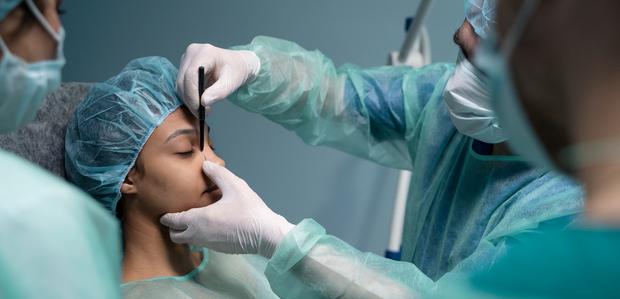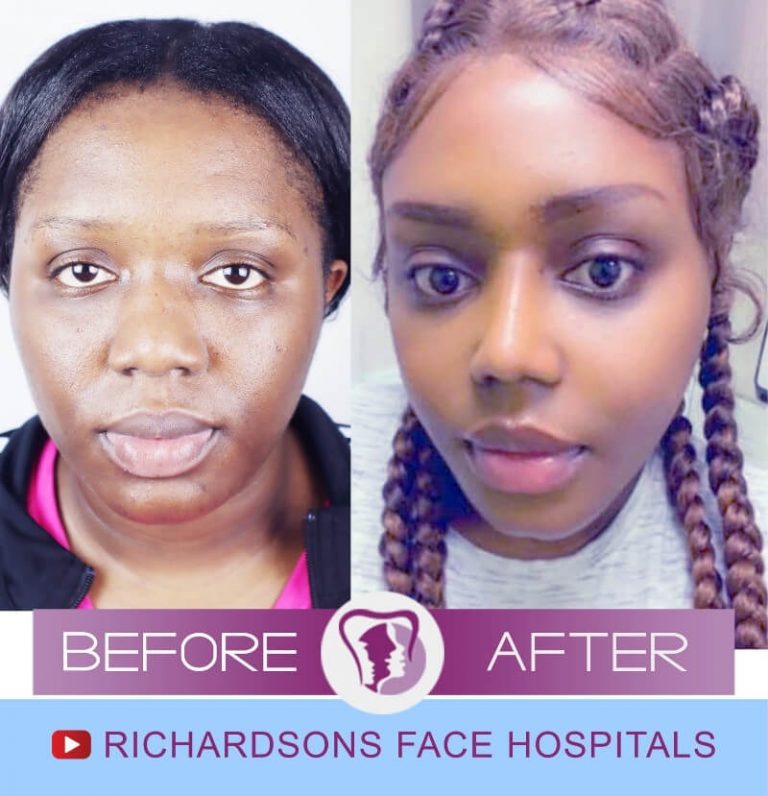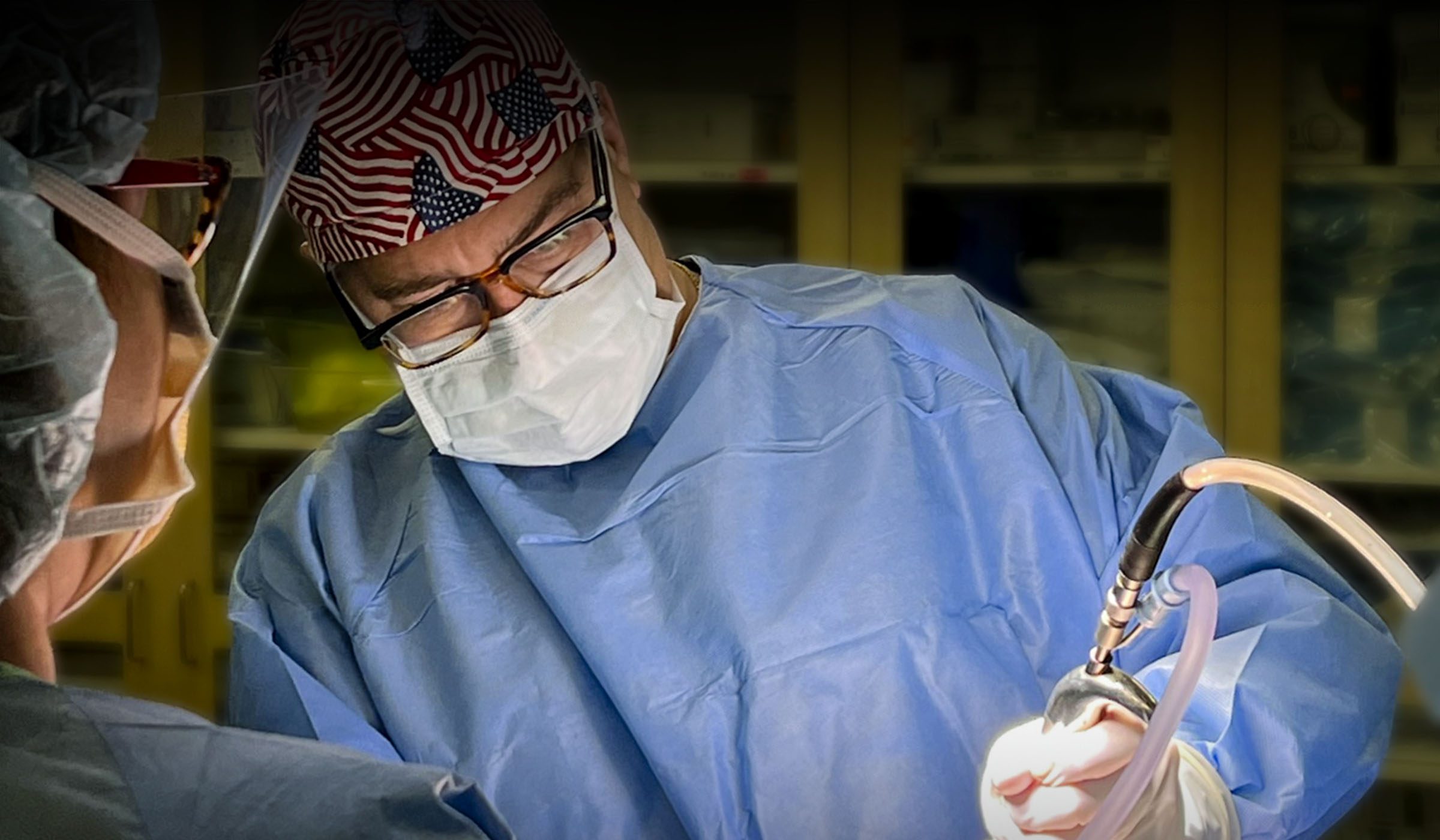Plastic Surgery Inland Empire: Relied On Professionals for Stunning Aesthetic Outcomes
Examining the Psychological and Social Elements That Drive People to Consider Cosmetic Surgery as a way of Renovation
The decision to pursue cosmetic surgical treatment commonly prolongs beyond simple looks, linking with social and psychological characteristics that warrant comprehensive examination. Variables such as self-worth, prevalent societal charm standards, and the pervasive influence of social media merge to form individual motivations for medical enhancement. As these impacts end up being increasingly noticeable, recognizing the underlying social and emotional contexts is vital. What remains to be checked out is the profound effect these elements have not only on individual identity but also on wider societal norms and worths bordering charm and approval.
The Function of Self-worth
Self-esteem significantly affects an individual's decision to pursue plastic surgery. Individuals with low self-worth often perceive themselves in an adverse light, bring about sensations of inadequacy regarding their physical appearance. This unfavorable self-perception can drive them to seek medical treatments as a method of enhancing their self-image. The wish for enhancement in one's appearance is often connected to an idea that such modifications will boost their general self-worth and confidence.

Eventually, the role of self-worth in the decision-making process pertaining to cosmetic surgical treatment highlights the intricate interplay in between body picture, personal satisfaction, and mental health and wellness. Understanding this connection is critical for healthcare professionals to ensure that individuals are making educated decisions rooted in practical assumptions and emotional well-being.
Social Charm Criteria
Influenced by prevalent media representations and social narratives, societal charm standards play a vital function fit individuals' perceptions of their very own bodies. These criteria are often characterized by an idyllic kind of charm that stresses traits such as youthfulness, symmetry, and slimness. As these ideals are perpetuated via different channels, consisting of advertising, tv, and film, people often internalize these messages, leading to frustration with their natural look.
The implications of these societal standards extend beyond aesthetic choices; they can influence self-confidence, psychological wellness, and interpersonal connections. People that view themselves as dropping brief of these criteria may experience sensations of inadequacy, motivating a wish for plastic surgery as a way of accomplishing social approval. This search is commonly sustained by the belief that satisfying these suitables will certainly improve not just physical appearance yet also social standing and individual fulfillment.

Influence of Social Network
The influence of social charm standards is additional magnified by the increase of social media sites systems, where curated photos and idealized depictions of beauty are common. Users are regularly revealed to filtered and edited pictures, which frequently portray unattainable physical attributes. This exposure grows a society of contrast, leading individuals to evaluate their very own look against these often unrealistic criteria.
Social media site influencers and celebs often advertise aesthetic treatments, stabilizing the concept that medical enhancements are a feasible means for achieving societal ideals (plastic surgery rancho cucamonga). The presence of these improvements can develop a perception that undertaking plastic surgery is a typical practice, thereby affecting individuals to consider similar interventions as a path to improved self-esteem and social acceptance
Additionally, the interactive nature of social media enables immediate responses with sort and remarks, additionally strengthening the wish to adapt preferred appeal requirements. Such interactions can exacerbate sensations of insufficiency and drive individuals toward plastic surgery as a way of getting recognition. Eventually, social networks plays a critical role fit perceptions of elegance, which dramatically influences the decision-making procedures bordering cosmetic surgical treatment.

Cultural Point Of Views on Look
Across different cultures, perceptions of appearance are deeply rooted in historic, social, and financial contexts, shaping people' sights on elegance and value. In many cultures, appearance works as a significant marker of identification, affecting social condition, professional possibilities, and personal relationships. For instance, in some cultures, light skin is commonly connected with Home Page riches and benefit, while others might glorify darker complexion as signs of toughness and credibility.
Additionally, standard charm standards are often continued through social stories, media depictions, and household influences, bring about varying ideals throughout different areas (plastic surgery rancho cucamonga). In Western cultures, the emphasis on young people and fitness usually drives people towards cosmetic improvement, while in certain Eastern societies, more refined changes straightened with typical visual appeals might be chosen
Globalization and the spreading of digital media have actually even more made complex these dynamics, developing a hybridization of charm perfects that goes beyond geographical borders. As people progressively browse these social narratives, the stress to comply with details appearance standards can bring about the need for cosmetic surgical procedure, look at here now showing an intricate interplay of personal goals and cultural values. Comprehending these cultural viewpoints is necessary in resolving the motivations behind plastic surgery factors to consider.
Emotional Effects of Plastic Surgery
Many individuals looking for cosmetic surgical procedure report experiencing extensive emotional influences that can considerably alter their self-perception and psychological well-being - plastic surgery rancho cucamonga. The wish for physical improvement often stems from underlying issues such as low self-confidence, body dysmorphic problem, or social stress regarding appeal criteria. For some, the immediate post-operative stage can lead to a short-lived boost in self-esteem and satisfaction with their appearance, fostering a sense of empowerment
Nevertheless, these favorable feelings might not be withstanding. Study indicates that while some clients experience enhanced self-esteem, others might face intense stress and anxiety or depression if their expectations are not satisfied. This inconsistency can emerge from impractical perfects continued by media representation and social narratives bordering charm.
Moreover, the mental ramifications of cosmetic surgery prolong past the individual. Relationships with friends and family may be stressed as social characteristics shift, leading to feelings of seclusion or alienation. Ultimately, the psychological effects of plastic surgery are complicated and complex, needing careful consideration by both potential patients and doctor to make sure informed decision-making and realistic assumptions.
Conclusion
To conclude, the decision to go after cosmetic surgical treatment is her response significantly affected by a mix of self-worth issues, societal beauty requirements, and cultural viewpoints on look. The pervasive reach of social media sites even more intensifies these pressures, promoting unrealistic suitables that people commonly aim to acquire. Understanding these social and psychological factors is important for resolving the motivations behind cosmetic surgical procedure, highlighting the requirement for a much more nuanced discussion surrounding charm and self-acceptance in modern society.
The decision to pursue cosmetic surgical procedure commonly expands beyond mere visual appeals, linking with social and mental characteristics that warrant extensive evaluation. Eventually, social media plays an essential function in forming understandings of charm, which substantially influences the decision-making processes bordering cosmetic surgery.
As individuals significantly navigate these cultural stories, the pressure to adhere to particular look criteria can lead to the wish for cosmetic surgery, mirroring a complicated interplay of personal goals and cultural values.In final thought, the decision to seek cosmetic surgical treatment is significantly influenced by a mix of self-worth issues, social beauty requirements, and cultural viewpoints on look. Understanding these mental and social factors is necessary for resolving the motivations behind cosmetic surgical treatment, highlighting the demand for an extra nuanced conversation bordering elegance and self-acceptance in modern culture.